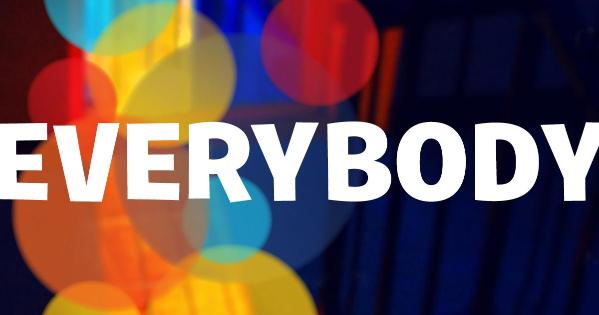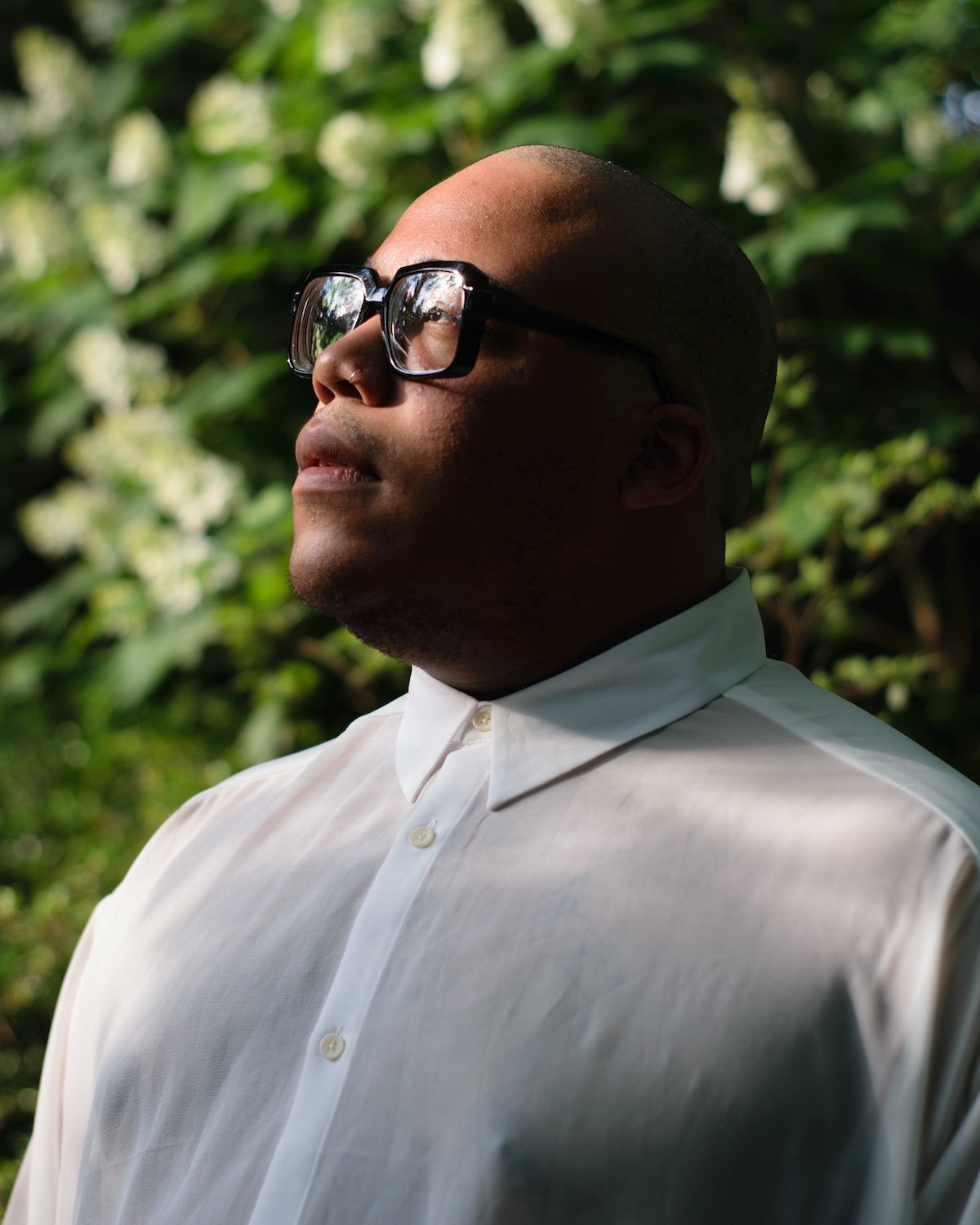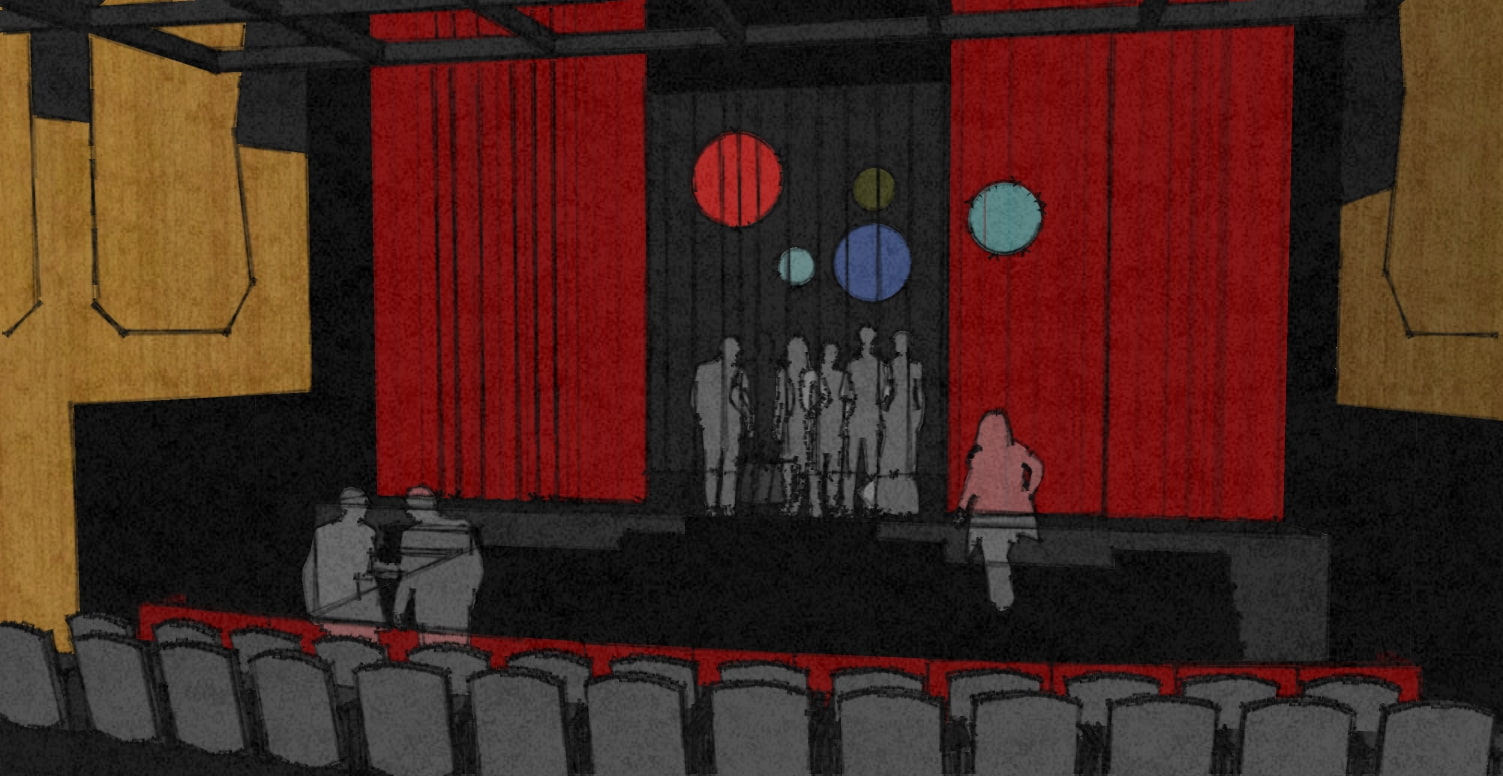Everybody Dies. Let’s Discuss.

This fall, the American University’s Department of Performing Arts and the Theatre/Musical Theatre Program will bring Branden Jacobs-Jenkins' Everybody to the stage. Guest directed by Christopher Michael Richardson, Everybody reimagines the fifteenth-century morality play Everyman for modern times. When Death comes to collect “Everybody,” who represents the average human being, other characters including “Love,” “Friendship,” and “Stuff” accompany them on their final journey. As an additional twist, the actors are randomly assigned characters through a lottery at the beginning of each performance, so you will never see the same show twice. At Greenberg Theatre, October 20-22. Tickets are free for AU students, $10 for AU community members, children, and seniors, and $15 for the general public. Visit the AU box office.

Richardson has been acting in Washington, DC’s, theatre scene for nearly a decade. After graduating from the College of William & Mary, his first job was touring nationally with the Olney Theater Center’s National Players. Since then, he has worked with most major theater venues in DC, acting in everything from Shakespeare to musicals. He says, “I’ve had a great time. I’ve been fortunate over the past decade to have connections with a lot of artists in DC.” In addition to his acting portfolio, Richardson is also a teaching artist and director.
Q: What has working with American University students on Everybody been like?
A: Students are always ready to play! We get to explore and do things that are wild because they are open to experimentation. They are willing to go the extra mile, are excited and incredibly motivated — pushing to go harder, to do better.
Q: Everybody features a unique method of casting. Roles are assigned through a lottery at the beginning of every performance, so actors must be ready to play any role. How have you and cast members prepared for the unpredictability this brings to the stage?
A: There is an unpredictable nature to life. We have used the lottery during rehearsals to try and prepare but have also found that life just happens. People have been sick or out for family reasons, so in a way preparing for the show has been its own lottery. Our understudies have stepped up to read parts that they have not prepared for. It is a good life lesson — to always be prepared and be willing to help out when you can.
Q: Everyman was written over a century after the end of the Black Death, but the plague’s impact on European culture and discussions of life, death, and mortality is evident in it. Everybody was published before the COVID-19 pandemic began, but can it be reinterpreted in this new era we are living in?
A: We have become much more aware of our proximity to this thing called death. I also think we have had to navigate it much more collectively than we have had to previously — much like the audience’s experience in witnessing and supporting the character Everybody in the play. Like the year 2020, we enter into Everybody thinking it's one thing, and it ends up taking us on a wild ride. I hope that audiences can have conversations about mortality. The play brings joy and honesty so we can confront these things that we’ve been dealing with. Brandon Jacobs-Jenkins does such a beautiful job of crafting a thought-provoking, but gentle and intimate portrait of what mortality looks like. But it’s funny! You would think when discussing death, it would be very dramatic and serious, but it’s a million laughs a minute. We’re laughing, then crying.
Q: Did you read Everyman as part of your preparation for the play? Why do you think Jacobs-Jenkins' adaptation is necessary for a modern audience?
A: Absolutely. I read it in school. In any morality play, the lens of religious propaganda can block a lot of people from experiencing it. Branden Jacobs-Jenkins works very hard to explore all possible views. If it was inherently Christian, people without those beliefs would find themselves lost. Jacobs-Jenkins has made the story very objective, so that no matter what your beliefs are, you can go on this journey to try and find your place in the universe.

Q: The set design features colorful, floating orbs of light. How did this idea come about?
A: I was interested in creating a liminal, in-between space to explore death and all things beyond our immediate physical comprehension. When I spoke with scenic designer Meghan Raham, I said I was interested in making a space where anything was possible, and in layers that could be constantly revealed and unrevealed. She came back with beautiful imagery from artists painting out of focus images, and we became drawn to that anonymity. The orbs represent individual lives, and this installation of spirits will hopefully give us a good, open space to explore. It’s more like an art installation that continues to evolve as the play goes on.
Follow AU Arts on Instagram, Facebook, and Twitter for the latest news and a look behind the scenes.
